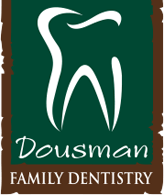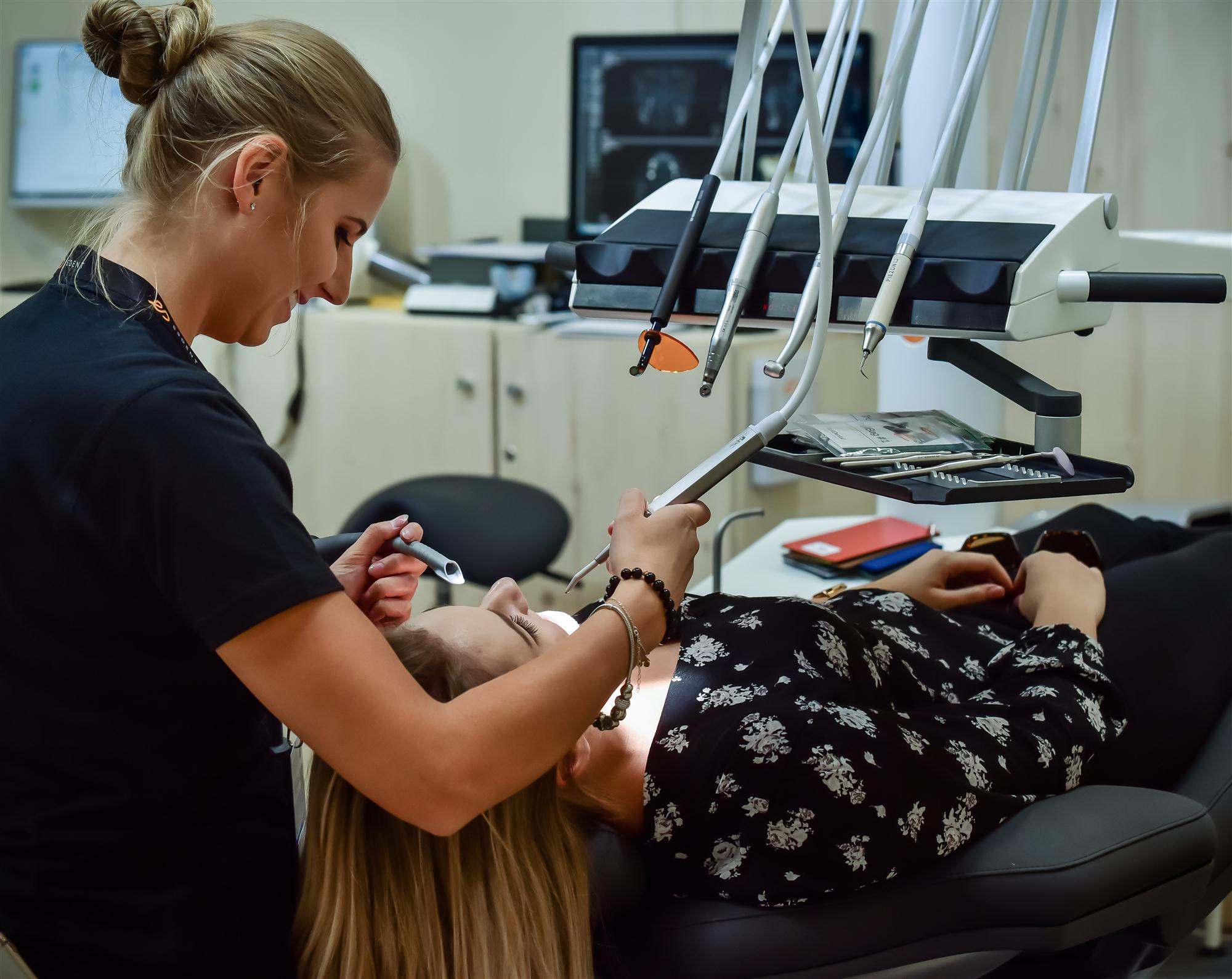Bruxism Prevention and Treatment in Dousman
Bruxism can cause several issues for your mouth, teeth, and overall oral health. The best way to protect your smile from permanent damage is to schedule an appointment to assess your teeth. Untreated teeth grinding may wear down your teeth and cause them to crack, chip, and break. In more severe cases, bruxism can cause gum recession and TMJ. At Dousman, we offer dental care to prevent and treat teeth grinding in patients of all ages. Let us help you spot the warning signs before teeth grinding ruins your lovely smile.
What is Bruxism?
Bruxism occurs when a person grinds, gnashes, or clenches their teeth unconsciously whether awake or asleep. Most people grow out of teeth grinding or don’t do it enough to elicit real damage. About 10% of adults and 15% of children experience detrimental teeth grinding.
There may be several psychological reasons why a person experiences aggressive grinding of their teeth such as anxiety, stress, anger, or frustration. Genetics may also play a factor if bruxism runs in the family. Other physical causes include:

- Misalignment of upper and lower teeth
- Sleep disorders
- Earaches or teething in children
- Drinking or smoking
- Medication side-effects
Bruxism Symptoms
If you are experiencing increased tooth pain or sensitivity, tired or tight jaw, dull headaches, sleep disruption, or pain around the neck, face, or ear, you may be diagnosed with bruxism. More noticeable signs are:
- Teeth grinding or clenching
- Flattened, fractured, chipped or loose teeth
- Worn tooth enamel
If you have any of the listed symptoms or other dental concerns, call our dentists to schedule an appointment immediately.
Bruxism Dental Treatment
If you experience any symptoms related to severe teeth grinding, our dentists can help prevent the problem from getting worse. When you come in for an appointment, your dentist may check for tenderness in your jaw, any dental abnormalities, or damage to your teeth (usually by x-ray).
If bruxism is not the cause, a regular dental exam should be able to detect other disorders, problems, or health conditions that might be causing you pain or discomfort.
The best way to combat mild teeth grinding is with a mouth guard, a nightguard or Invisalign. Having a custom-fit mouthguard will create comfortable protection to prevent future damage to your teeth. Custom-fit mouth guards are the ideal option compared to over-the-counter guards because they are specifically designed for your mouth.
Treatment for teeth that have been worn down significantly includes reshaping the chewing surfaces of your teeth. Crowns can also be used to repair any damage that the grinding caused.
Bruxism Mouth Guard and Treatment Cost
If your dentist recommends a mouthguard to treat your bruxism, it can cost between $300 to $800 for a custom fit. Invisalign can run from $4,000 - $8,000 but helps with tooth alignment. Cost can vary for crowns based on the type and how many you need but ranges from $300 - $3,000 per tooth.
Insurance companies may cover your treatment partially or fully depending on if it’s medically necessary. We also offer flexible payment plans to help assist you with covering the cost if you have no insurance coverage.
Contact Dousman Family Dentistry to schedule a regular dental exam to assess your teeth grinding.








